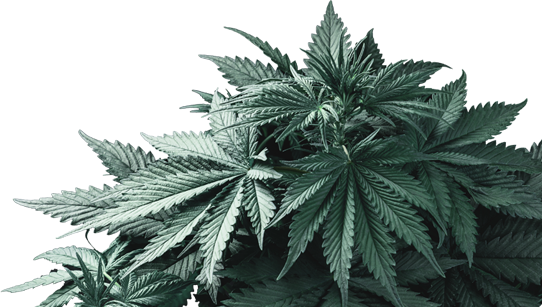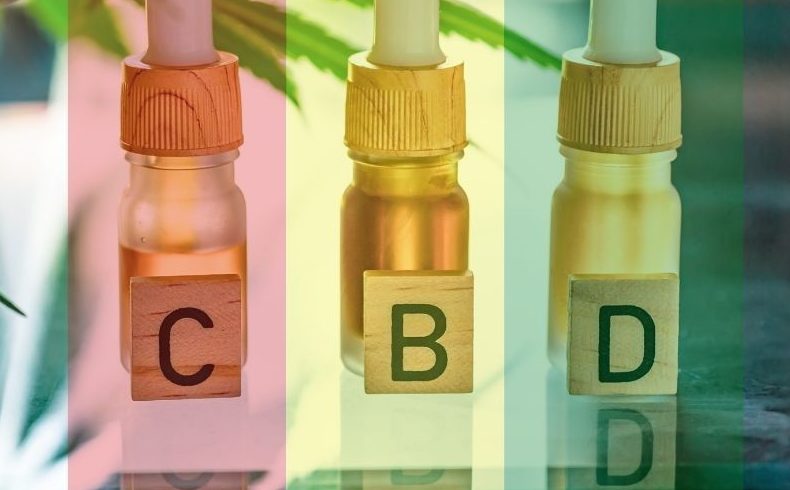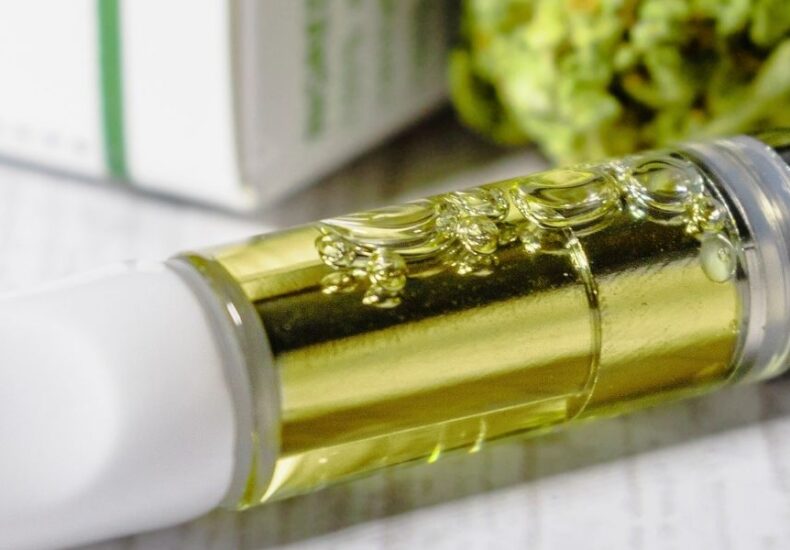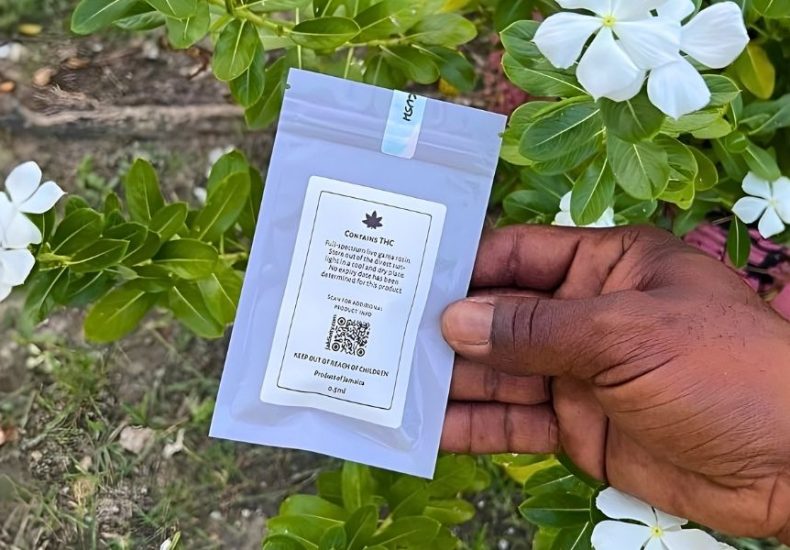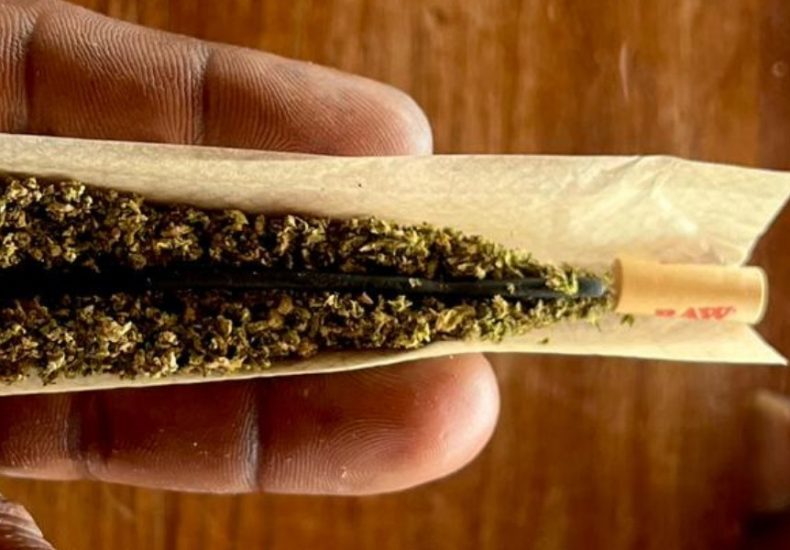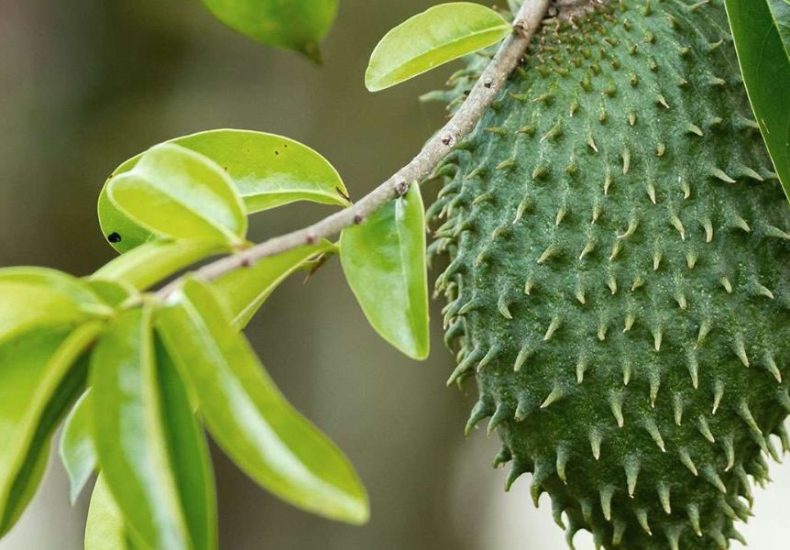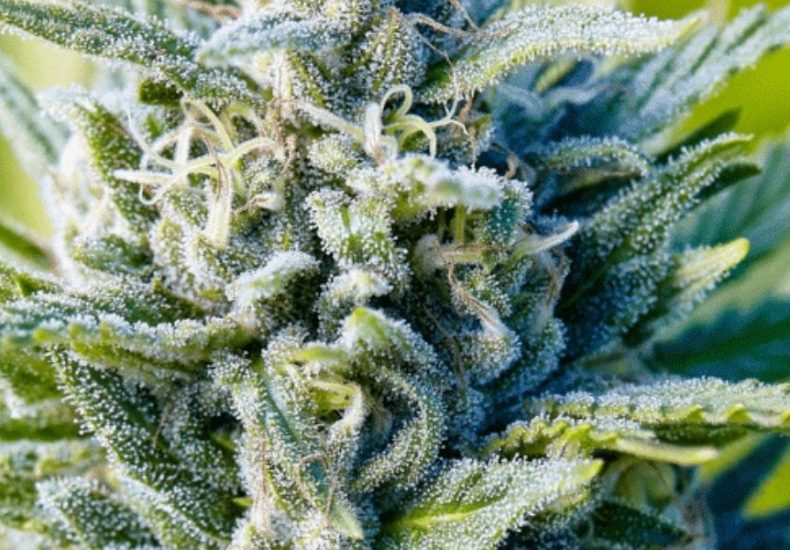Our Blog
Jah Livity
Sharing Culture.
Building Connection.
Living Livity.

At Jah Livity, we’re on a mission fi share di heart and soul of our culture with di world. Our blog is a window into a way of life rooted in Rastafari, community, and di real spirit of Jamaica. From di sacred herb to di wisdom of ancient proverbs, from Ital food to island adventures—dis is a space fi celebrate it all.
Ganja? Yeah, mon! But more than dat, we live it—di traditions, di teachings, di vibes. Herb is a sacrament, an essential part of the Rastafarian Way. It plays a role in our spiritual practices, our healing, and our connection to nature and self.
Explore with Jah Livity Blog as we take a deeper look into the culture of Rastafari and it’s interconnectedness with the sacred herb.
An wi hafi have fun while wi a get educated – so we’re also going to give you a heap of tips and tricks about travelling in Jamaica, navigating ganja culture pon di island, and how to get the most out of your cannabis experiences in the carribean.
Yuh can expect:
- Cultural education – real talk ’bout Rastafarian livity, Jamaican history, and local traditions
- Cannabis insight – from di best Jamaican weed strains to how to get marijuana delivered to your hotel in Jamaica
- Travel tips & adventures – fi tourists who want more than just sun and sea
- Ital recipes & wisdom – straight from Rasta kitchens and hearts
- Proverbs & vibes – cause every ting in life come with a lesson
- Dis blog a fi di curious traveler, di herb lover, an’ anyone who feel called to know di real Jamaica—not just di postcard version. Come learn, laugh, explore, and bun a likkle spliff if di spirit move yuh.
Out of Many, One People. One love. Jah Livity.
 Tourist Experience
Tourist Experience From Herb Houses to Hustlers : A Tourist’s Guide to Cannabis in Jamaica
- November 23, 2024
- 1 View
TRAVEL
Negril Jamaica
 Tourist Experience
Tourist Experience YS Falls Jamaica: Flowing with Life in the Heart of the Island
- October 27, 2025
- 124 Views
 Tourist Experience
Tourist Experience Live Music in Negril: Your Weekly Guide to Reggae Beach Vibes
- September 23, 2025
- 244 Views
 Tourist Experience
Tourist Experience Floyd’s Pelican Bar: Jamaica’s Chillspot in the Middle of the Ocean
- September 11, 2025
- 342 Views
DID YOU KNOW
Jamaican Culture
Subscribe to our newsletter
